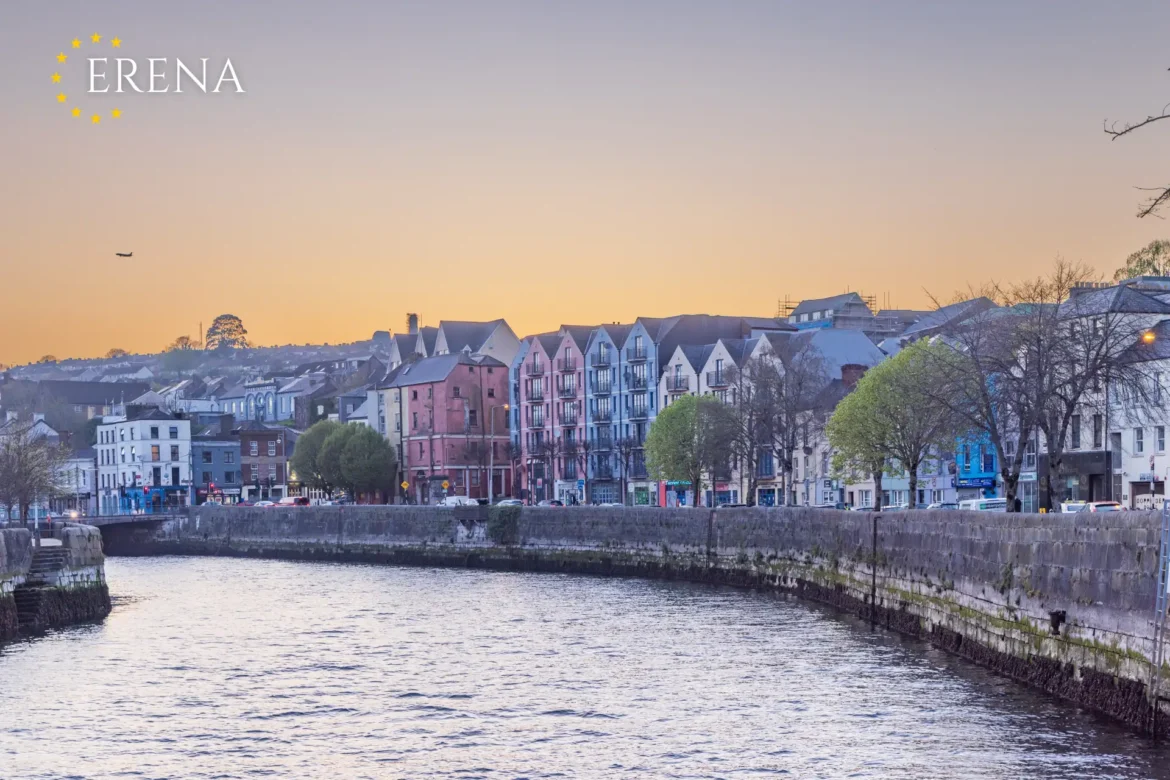Cork, Ireland’s second-largest city, offers a prime opportunity for investing in residential real estate. With its thriving economy, high rental demand, and relatively affordable property prices, Cork attracts both local and international investors. This overview highlights the market’s characteristics, property costs, and potential returns.
Current State of Cork’s Real Estate Market
Located in southern Ireland, Cork boasts a combination of cultural richness, advanced infrastructure, and promising economic growth. These factors drive consistent demand for housing among locals, professionals, and students. Property prices in Cork start at around €196,000 for apartments, making it a cost-effective choice compared to other Irish cities.
Property Prices
The cost of real estate in Cork varies depending on property type, location, and condition. On average, prices per square meter in Cork are lower than in Dublin, which adds to the city’s appeal for investors seeking affordable options. For instance, a two-bedroom apartment in Cork’s city center costs approximately €245,000, while similar properties in suburban areas range from €210,000 to €220,000.
Rental Returns
Cork provides excellent rental income opportunities, with an average yield of 6–7% annually. For example, a two-bedroom apartment priced at €245,000 can be rented for €1,950 per month, generating an annual return of approximately 9.55%. Such yields make Cork a highly attractive market for long-term investment.
Factors Influencing Returns
1. Consistent Rental Demand
Cork’s rental market benefits from strong demand, particularly from students and professionals drawn to the city for education and work opportunities.
2. Economic Development
As a key economic hub, Cork’s technology, pharmaceutical, and education sectors are growing rapidly, attracting talent and increasing demand for rental properties.
3. Infrastructure
The city’s well-developed transportation systems, educational institutions, and healthcare facilities make it a desirable location for long-term tenants.
Investment Examples
• Two-Bedroom Apartment
A property priced at €245,000 can generate an annual rental income of €23,400, equating to a return of 9.55%.
• Three-Bedroom Apartment
Larger properties priced around €300,000 can be rented for €2,500 per month. However, demand for such units is generally lower compared to smaller apartments.
Taxes and Expenses
Investors should consider the following taxes and costs associated with purchasing and owning property in Cork:
• Stamp Duty: 1% for properties valued up to €1 million and 2% for amounts exceeding that threshold.
• Annual Property Tax: Ranges from 0.18% to 0.25% based on property value.
• Rental Income Tax: Taxed at 20% or 40%, depending on income level.
• Capital Gains Tax: 33% on the profit from property sales.
Additional costs include utilities, insurance, and property maintenance.
Risks and Recommendations
1. Market Fluctuations
Property prices can vary due to economic factors. Conduct thorough market research to assess long-term trends before investing.
2. Legal and Tax Compliance
Familiarize yourself with local regulations and tax obligations related to property ownership and rental income.
3. Property Management
For international investors, hiring a property management company can ensure smooth operations, including tenant relations and property upkeep.
Cork offers excellent opportunities for investors seeking rental income and capital growth. The city’s strong rental demand, competitive property prices, and growing economy make it an attractive choice for long-term investment. To maximize returns, investors should carefully analyze market trends, account for expenses, and consult professionals in real estate and taxation.

